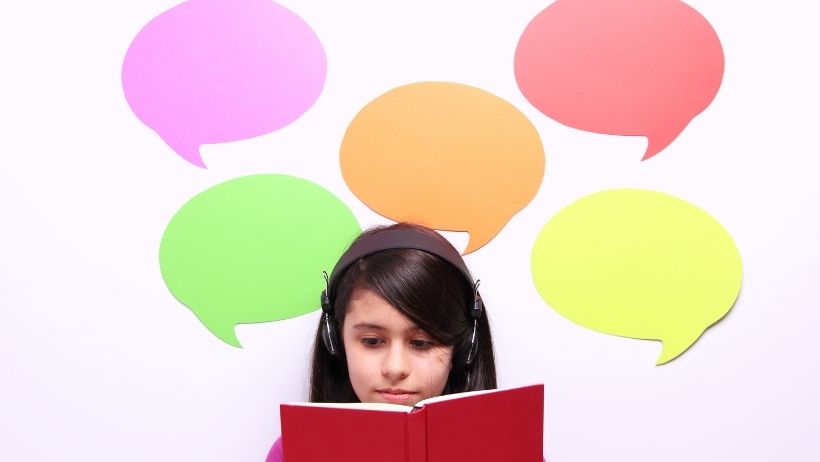1. Set your goals
This is an important step. Once you’ve set your goals, it becomes much easier to stay motivated and focused on what you’re trying to accomplish.
A lot of people don’t even think about these things before they start learning a new language, but I think that this is a mistake. You should make sure that you know why you’re doing it, and how far along in the process of learning that language you want to be by a certain date. This will help keep your motivation up when times get tough.
You also need to remember that there are no right or wrong answers here—only what’s good for you—so don’t worry too much about what other people say their goals should be (unless they happen to be experts in the area). They might tell you that two years is way too short of a period for them (and maybe it is), but if three months was enough for me then one year would probably work out just fine for most people!
2. Think about why you want to learn a language
- If you’re learning a language, it’s important to know why you want to learn it. Without a clear goal and motivation, it’s easy for your enthusiasm to dwindle and make you lose interest in the process of learning.
- Some people learn languages for work or career purposes (e.g., translating) while others want to travel or visit family abroad. Whatever your reason may be, think about how learning the language will help achieve your goals!
3. Read in your target language every day
Reading is one of the best ways to learn a language. The more you read, the easier it will be to understand spoken language and written text in your new tongue. Here are some ways that you can read in your target language every day:
- Children’s books – There are great children’s books available in many languages, including English and Spanish. You may want to start with simple stories that have only a few words on each page so you can get used to reading without getting overwhelmed by complicated grammar and vocabulary.
- News articles – Try reading short news articles (or even short parts of longer ones) online or in print before bedtime instead of watching television or going on social media sites like Facebook or Instagram when time gets tight at night before going to bed! This allows us all too often to forget the skill of actually doing something useful during quiet moments in our busy lives!
4. Talk to yourself in your target language
One of the best ways to start learning a language is by talking to yourself in it. This will help you familiarize yourself with the sounds and rhythms of the language, and give you practice speaking out loud without being self-conscious. You can practice this anywhere, at any time—even if there’s no one around who speaks your target language!
If you want to get even more out of this exercise, record yourself speaking aloud and listen back later. This will give you an objective sense of how well your pronunciation is coming along, as well as a window into how much progress has been made over time when compared with recordings taken earlier on in your study session.
5. Make mistakes
- Make mistakes.
- Don’t be afraid to speak.
- Speak to native speakers and make an effort to understand them, even if you don’t know their language yet. They will help you learn!
- Say something, then correct yourself when you make a mistake. Repeat after them until they stop making corrections and just let you go on with your speech without interruptions. This way, not only will you learn more words right away but also how they are pronounced and used in context, which is very important for learning a new language fast and efficiently!
You can have fun learning a new language.
Learning a language can be daunting, but you don’t have to make it that way! You can have fun learning a new language.
Use your new language to talk to new people and make friends.
Use it when traveling abroad, so you can communicate with locals or find directions.
Learn more about the cultures of other countries by learning their languages as well!









